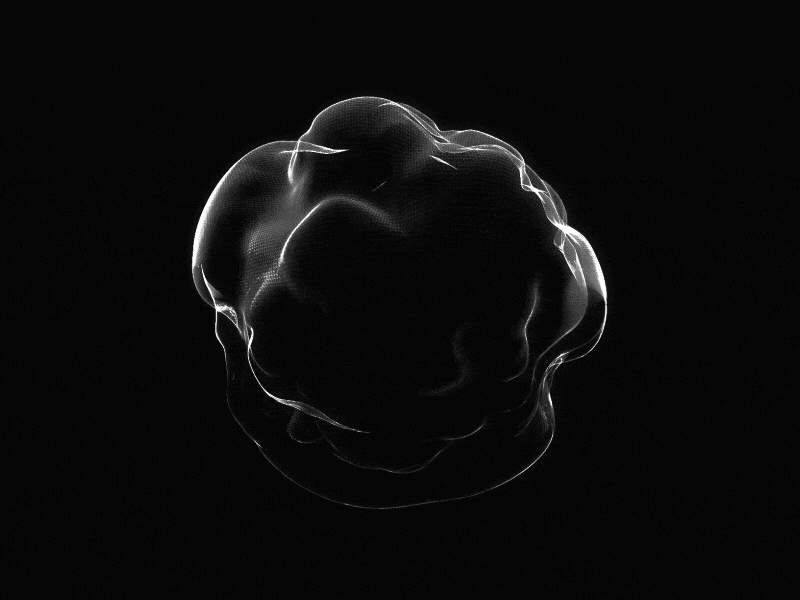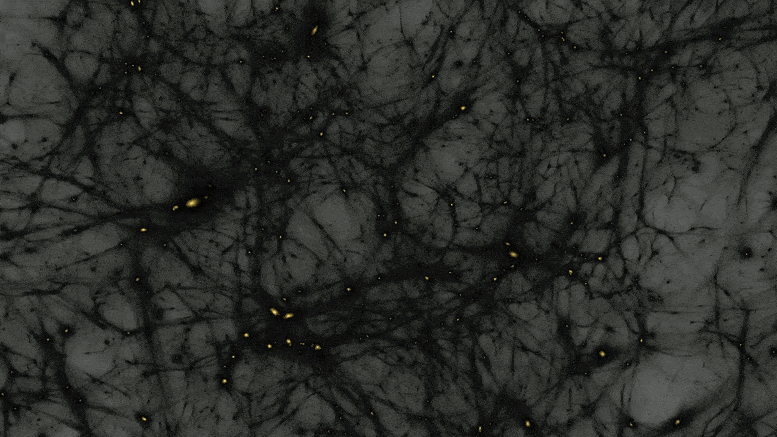
Dark matter is an elusive and mysterious substance that makes up the majority of the universe's mass. Despite its name, it does not emit, absorb, or reflect light, making it invisible to telescopes and other instruments. Despite this, its presence can be inferred through its gravitational effects on visible matter. In this quiz, you'll get to test your knowledge of dark matter and learn more about its properties, behavior, and impact on our understanding of the universe. From the earliest observations to the latest discoveries, this quiz will cover it all. So come along, and explore the mysterious world of dark matter!
What is the most widely accepted theory about the nature of dark matter?
Baryonic Matter
WIMPs (Weakly Interacting Massive Particles)+
Axions
Neutrinos
How much of the universe's total matter is believed to be dark matter?
25%
50%
75%
90%
What was the first observation that suggested the existence of dark matter?
Cosmic microwave background radiation
Galaxies rotating too fast
Gravitational lensing
Large scale structure of the universe
What does dark matter not interact with, making it difficult to detect?
Light
Electromagnetic force
Gravity
Strong nuclear force
How is dark matter thought to be distributed in the universe?
Clumped into halos around galaxies
Evenly distributed
Clumped into superclusters
Concentrated in the centers of galaxies
What is the purpose of a dark matter detector?
To measure WIMP interactions
To detect dark matter annihilations
To detect axions
To measure dark matter's temperature
What is the leading hypothesis for the cause of dark matter?
Undetected subatomic particles
Modified gravity theory
Modified laws of motion
Modified laws of thermodynamics
What is the dark matter equivalent of the Higgs boson?
WIMP
Axion
Higgsino
Gravitino
What is the main challenge in detecting dark matter?
Its rarity
Its lack of interaction with light and normal matter
Its high speed
Its high temperature
What was the first experiment to provide evidence for dark matter?
Andromeda Galaxy rotation curve
Coma cluster gravitational lensing
Bullet Cluster collision
Cosmic microwave background radiation
What is the main difference between dark matter and dark energy?
Their composition
Their distribution
Their effect on the universe's expansion
Their effect on gravity
How do scientists study dark matter indirectly?
By observing its gravitational effects on normal matter
By detecting its annihilation products
By observing its interaction with light
By detecting its interaction with normal matter
What is the primary goal of dark matter research?
To understand its composition and nature
To determine its effect on the universe's expansion
To determine its effect on the formation of structures in the universe
To determine its potential for use as a source of energy
There is still room for improvement!
It's okay if you didn't do as well as you hoped on this quiz. It's important to remember that everyone has room for improvement and it's a great opportunity to learn something new. Take some time to study the material and try again. With practice and dedication, you'll be able to do better next time. Don't give up!
Very impressive!
Well done on your fantastic score in the dark matter quiz! Your deep understanding of this elusive and mysterious substance is truly impressive. Keep exploring the universe and uncovering its hidden secrets.













